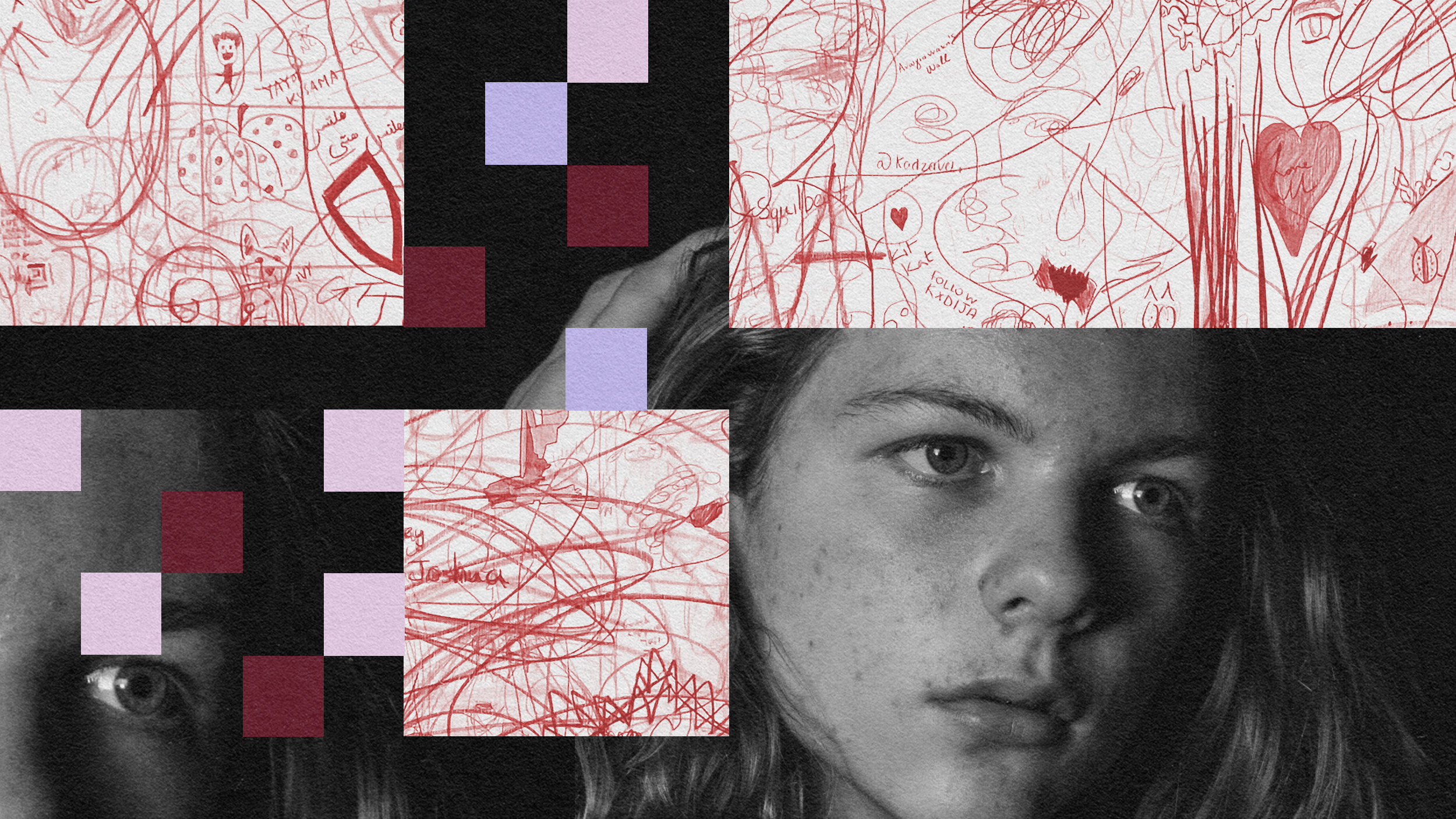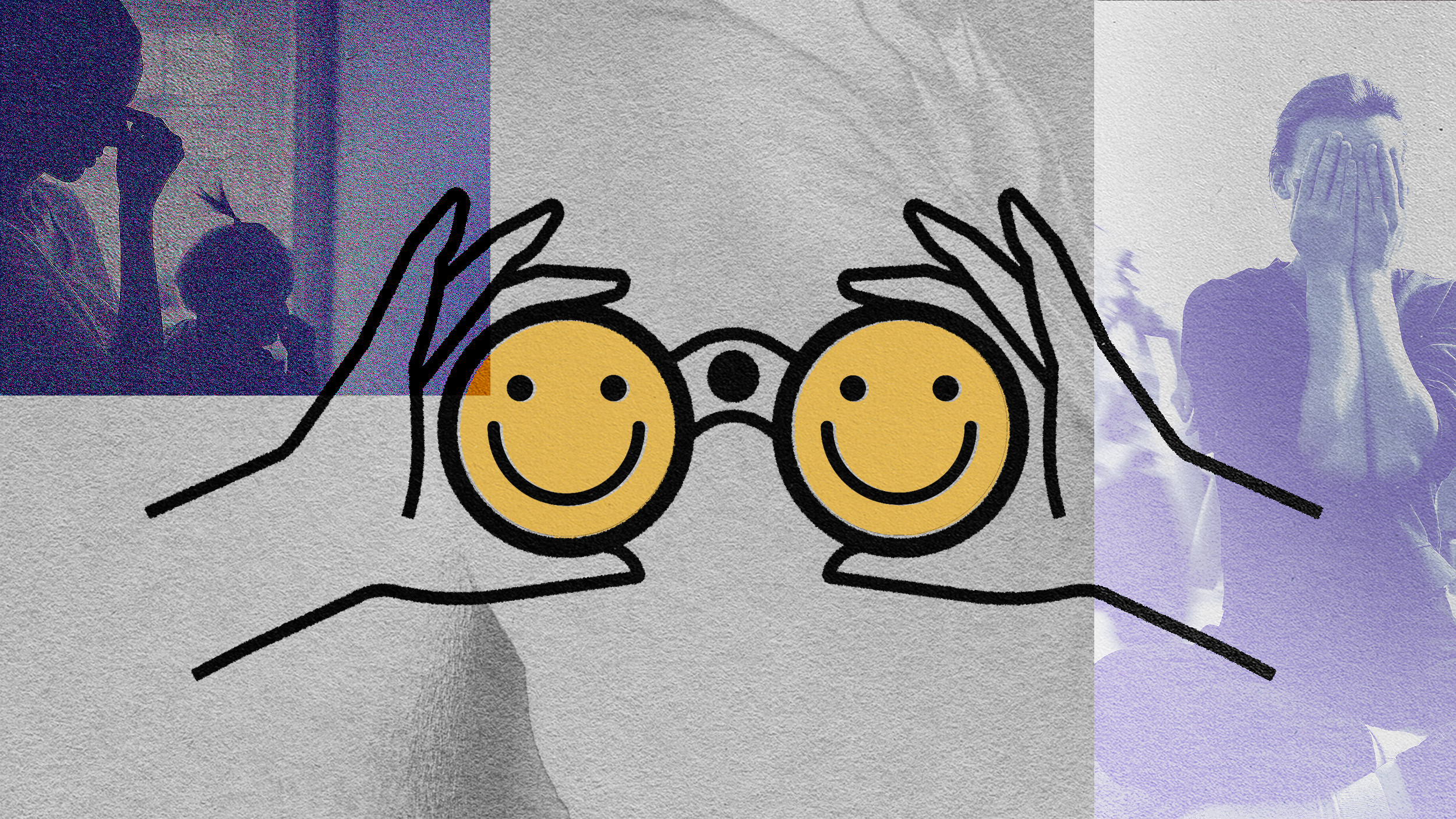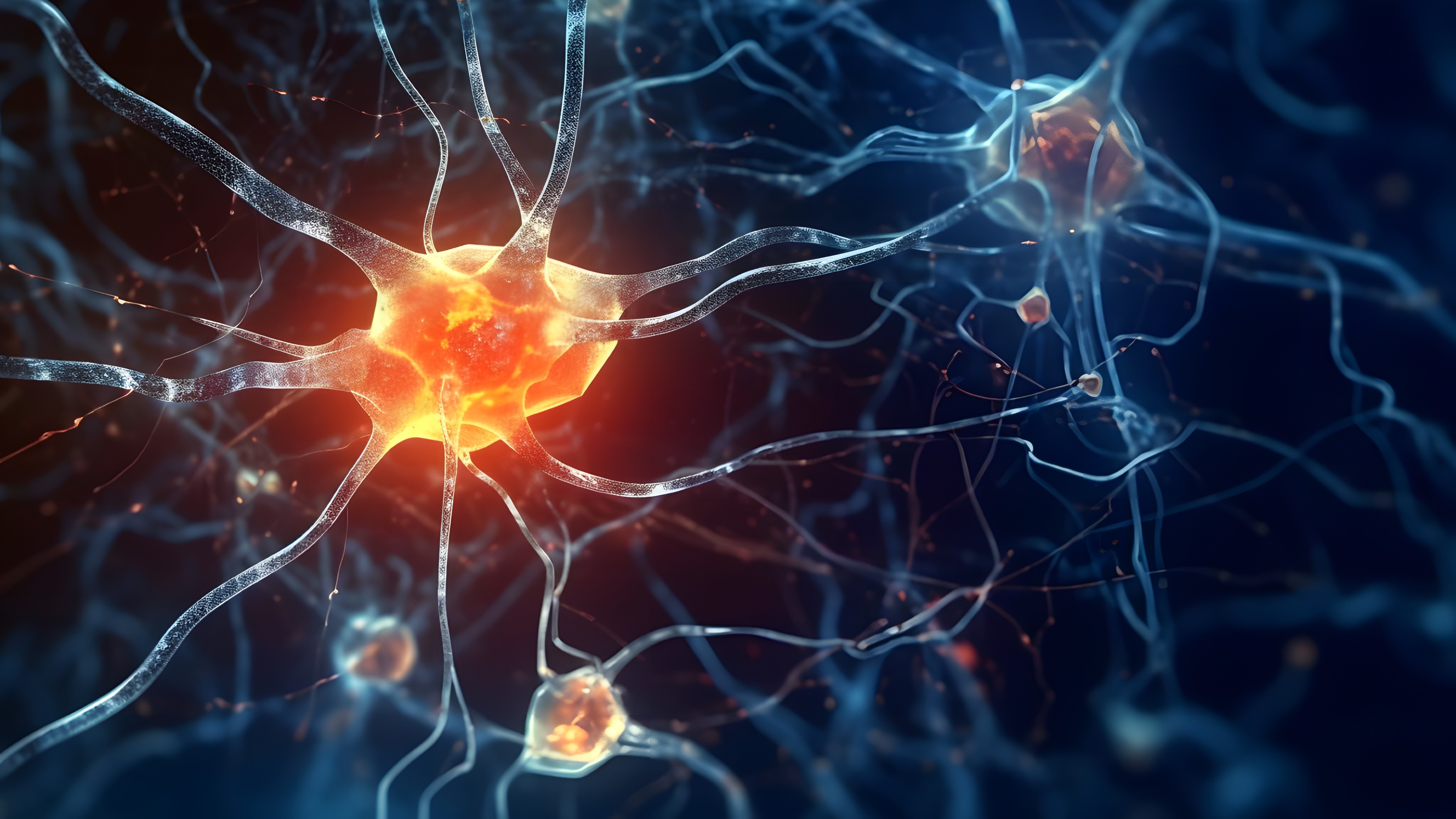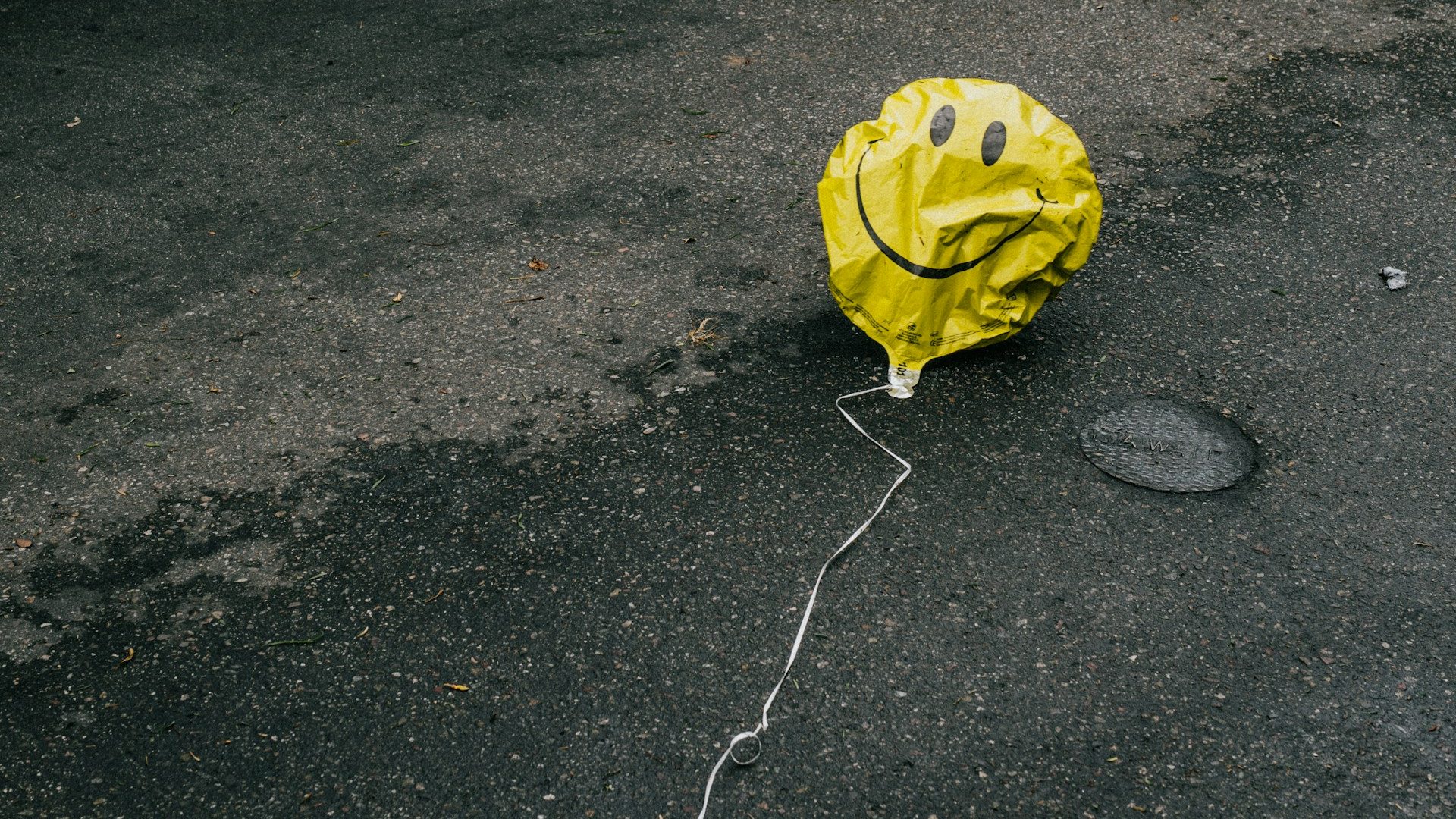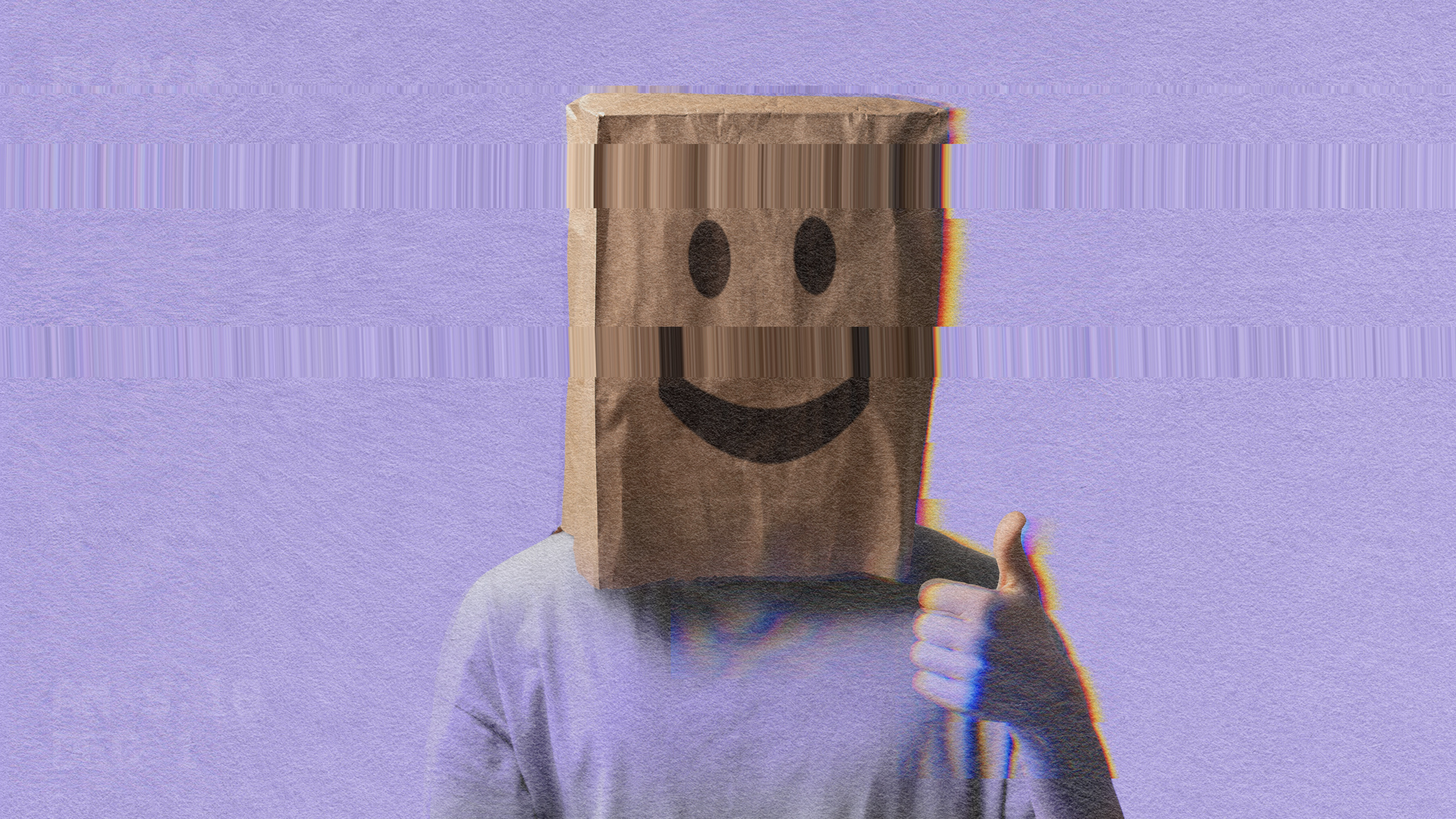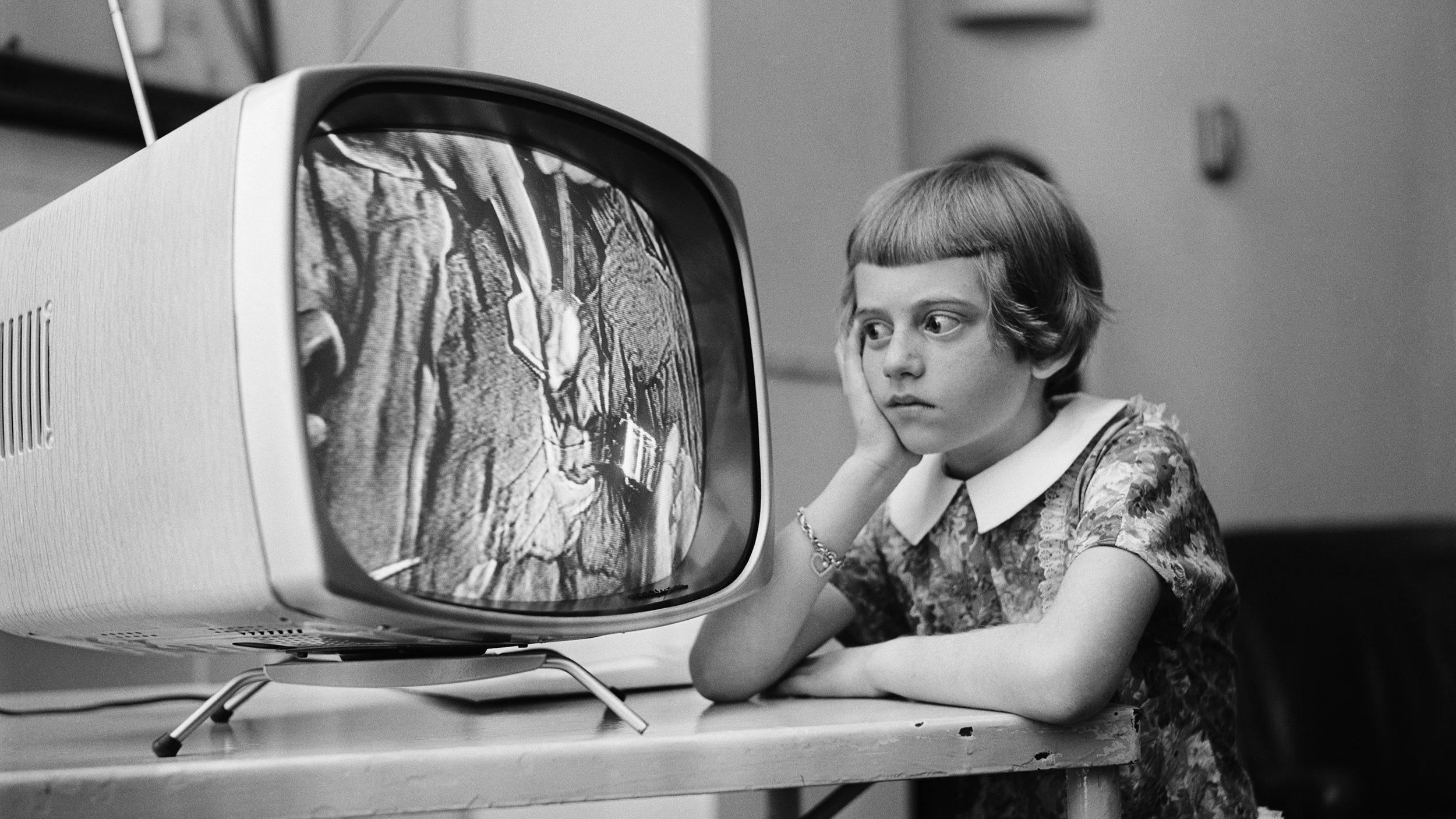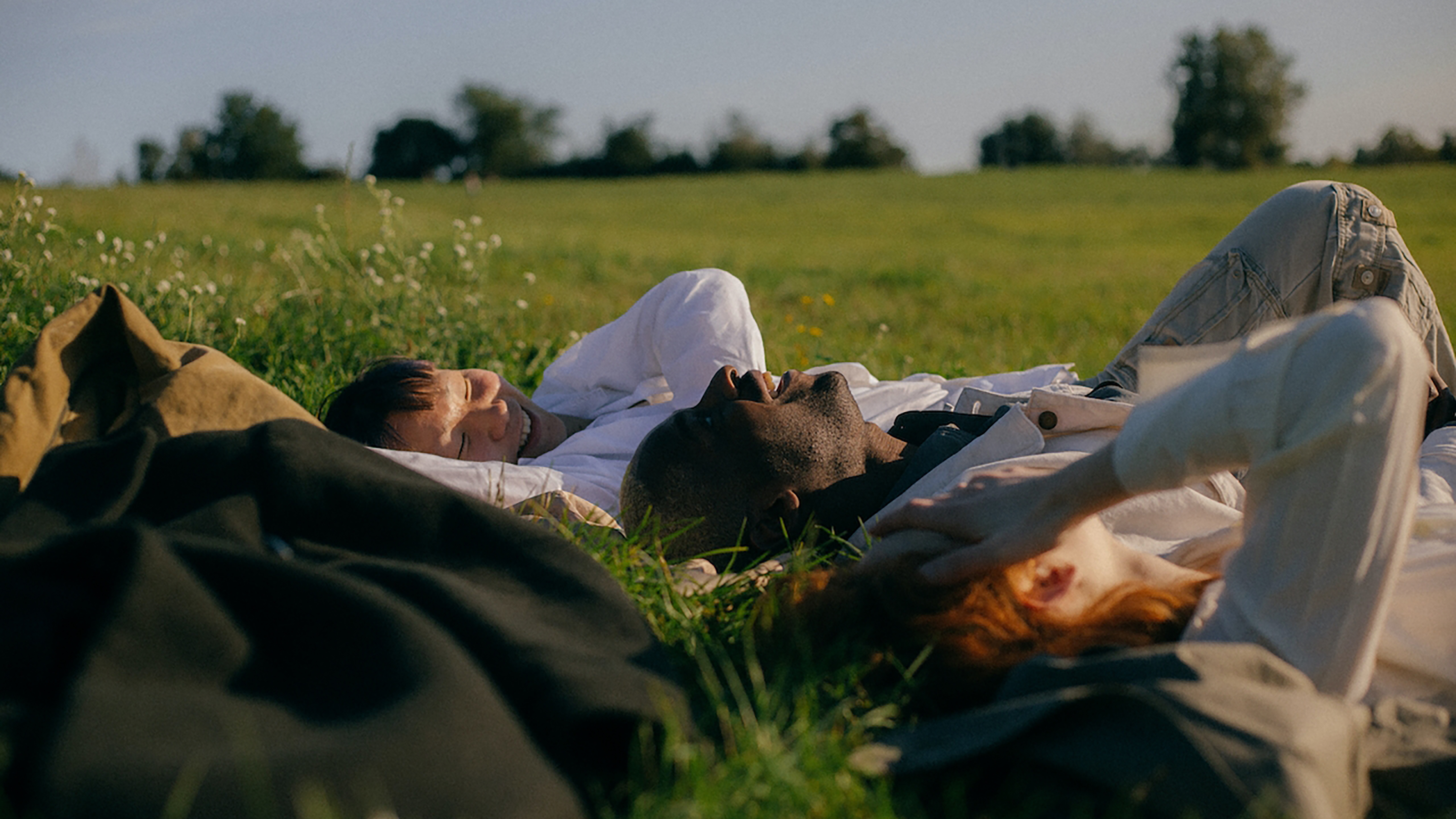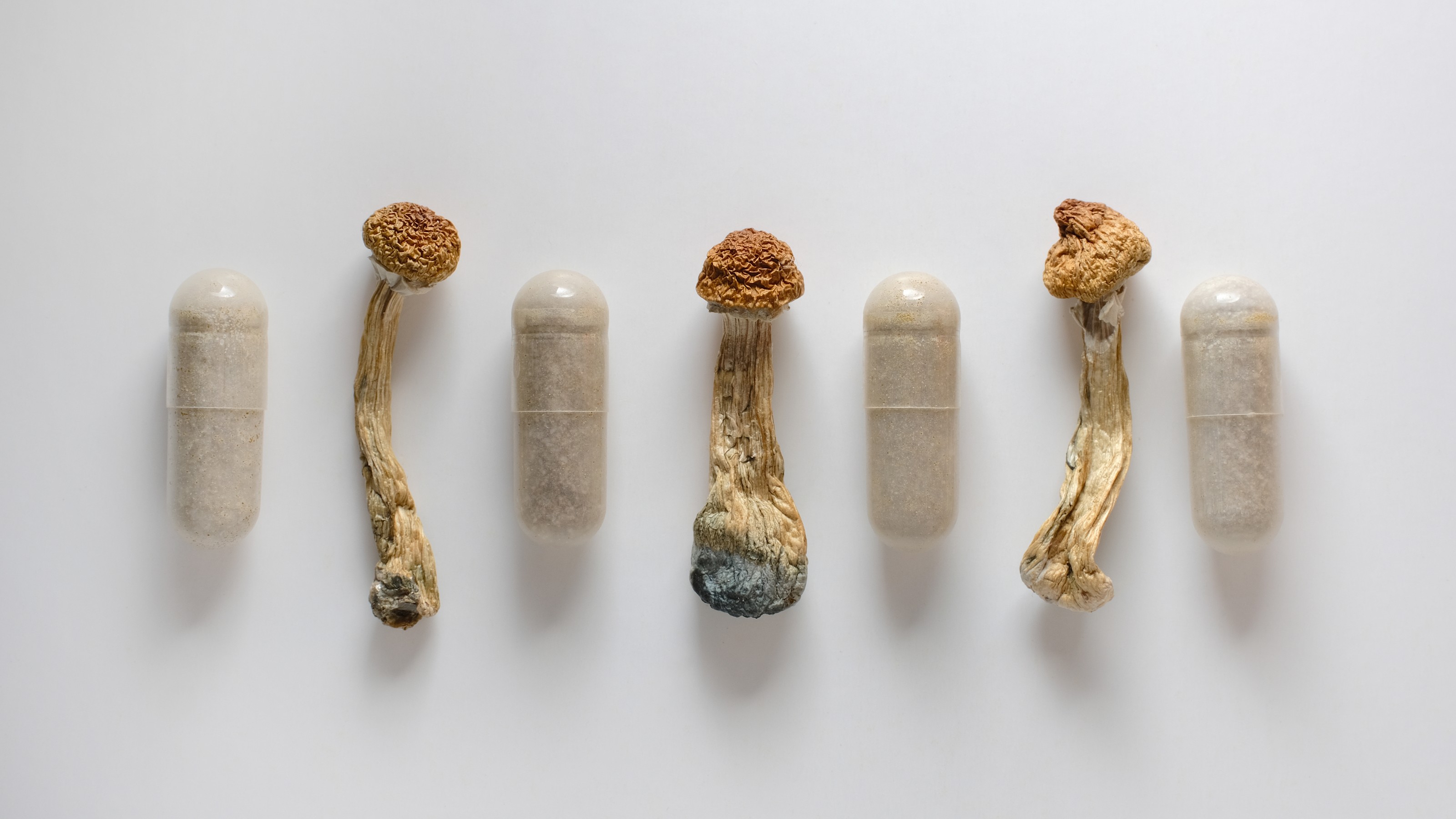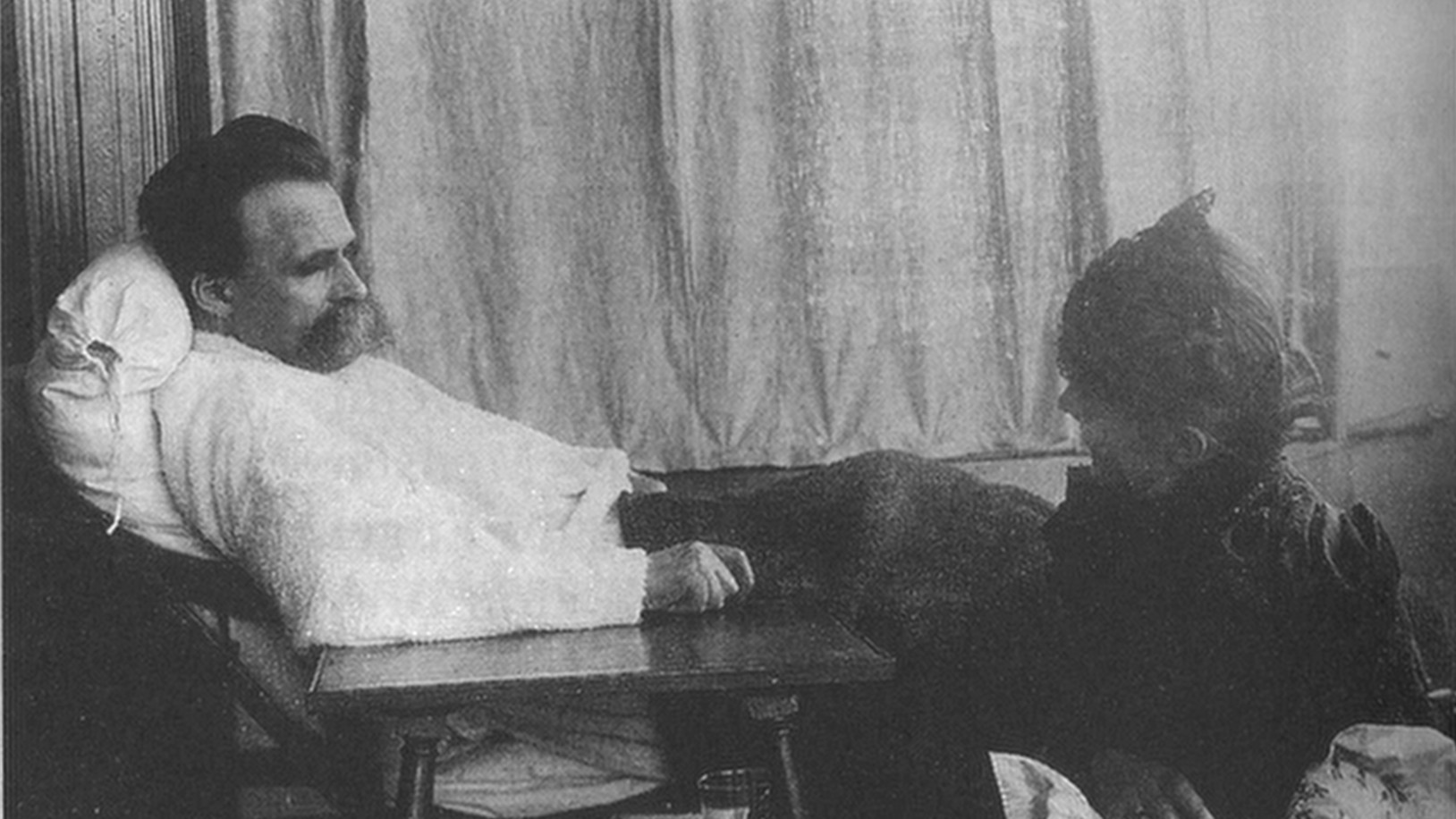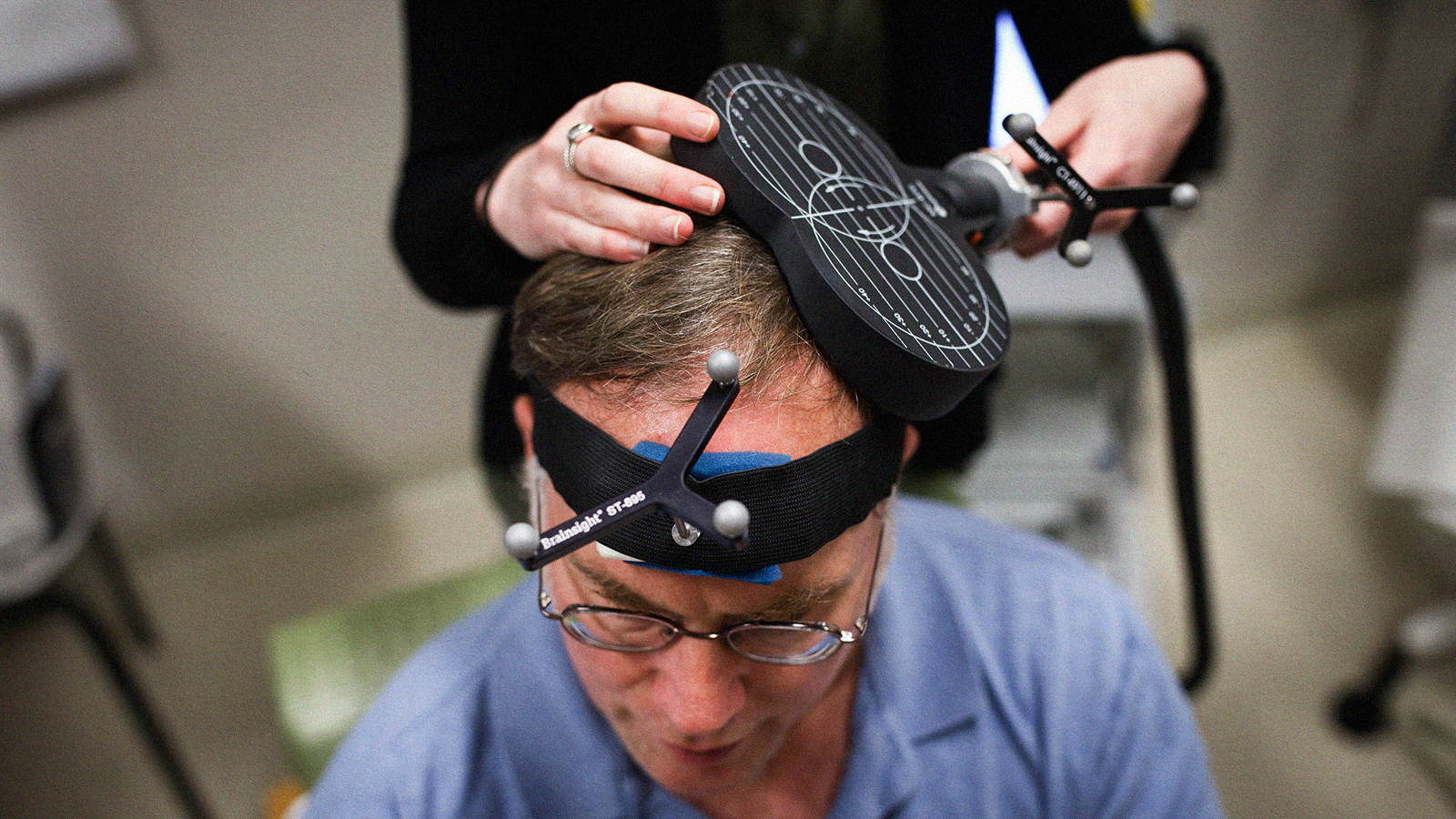mental health
Bob Dylan gave us the paradoxical gem “there’s no success like failure, and failure’s no success at all.” He had a point.
Attention deficit hyperactivity disorder has been a controversial diagnosis since it was first described, back in the 1940s.
A growing body of research suggests that optimism plays a significant role in promoting both physical and mental well-being.
Happiness is not a five-star holiday. It’s often the result of struggle — and asking for help, as author Stephanie Harrison recently told Big Think.
The world’s workplaces are growing lonelier — but the solution requires less than you might expect.
Research suggests that to maintain a healthy brain, we should tend our gut microbiome.
People who die by suicide are more likely to have reduced levels of the NPAS4 gene, which helps regulate inflammation in the brain.
Uncovering the story of Milan Hausner, the Sadská clinic, and LSD psychotherapy behind the Iron Curtain.
One dose of ibogaine was shown to dramatically reduce depression and PTSD.
Studies claiming to reveal strategies for feeling happy get a second look.
Psychologist Noel Brick shares the mental techniques we can use to improve our performance on and off the field.
Depression applies to individuals and businesses alike — and so does the solution.
People who score high in “obsessive passion” can become rigidly consumed by ideological causes — sometimes dangerously so.
Parents will sometimes use children as weapons in their relationship battles — and the fallout can be devastating.
Ketamine’s remarkable effect bolsters a new theory of mental illness.
Between the hedonic and eudaimonic life, there’s a happy medium to be found.
Omer Bartov, who spent decades studying the unspeakable horrors of genocide, shares how his studies have impacted his own mental health.
Some neuroscientists question whether the body can “keep score” of anything in a meaningful way.
Instead of fear, his delusions bring him cheer. His psychiatrist embraces them.
The modern attention economy hijacks our ability to focus, but an ancient technique offers a means to get it back.
Claims of a sudden infestation appear unfounded.
Acclaimed psychiatrist Bessel van der Kolk, author of “The Body Keeps The Score,” discusses the widespread existence of trauma and how it settles in our bodies.
▸
with
If someone can make you feel insecure, incomplete, and inadequate, they then can present themselves as the solution you need.
A healthy lifestyle even protects those who are genetically predisposed to depression.
To reap the benefits of AI technologies, businesses must keep humans in the driving seat.
The benefits of the psychedelic seem to last long after the trip wears off.
The great philosopher spent the final portion of his painful life in a vegetative state. Did illness get him there, or was it his own philosophy?
According to neuropsychologist Julia DiGangi, no one can live a life free of emotional pain. We can only choose how those emotions empower us.
Could a theory from the science of perception help crack the mysteries of psychosis?
For people with hard-to-treat depression, a non-invasive technique called transcranial magnetic stimulation (TMS) can provide relief.

